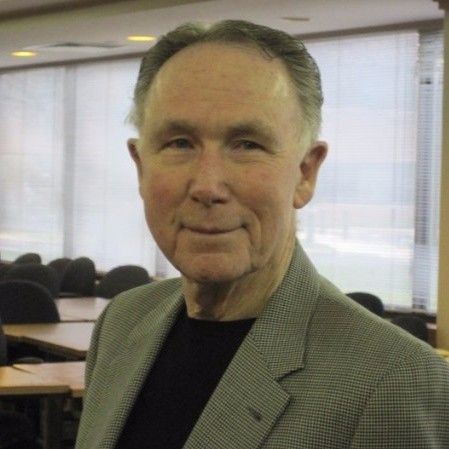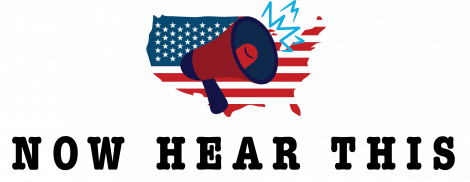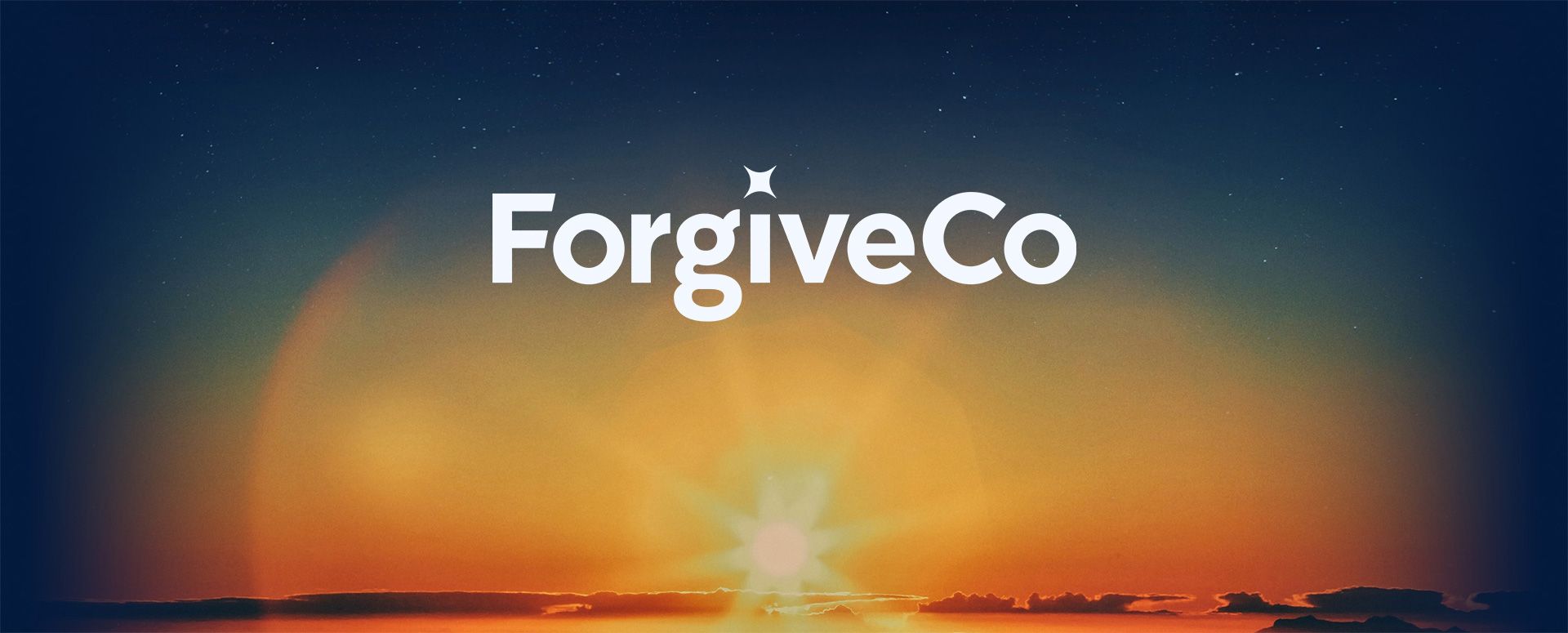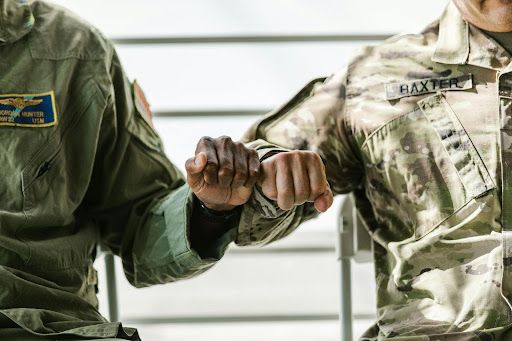Publisher's Corner

Guest Viewpoint
Well, that felt good.
Getting Off the Rez: Why Native American Communities Need New Allies in Suicide Prevention and Debt Abolishment for their Military Service Veterans
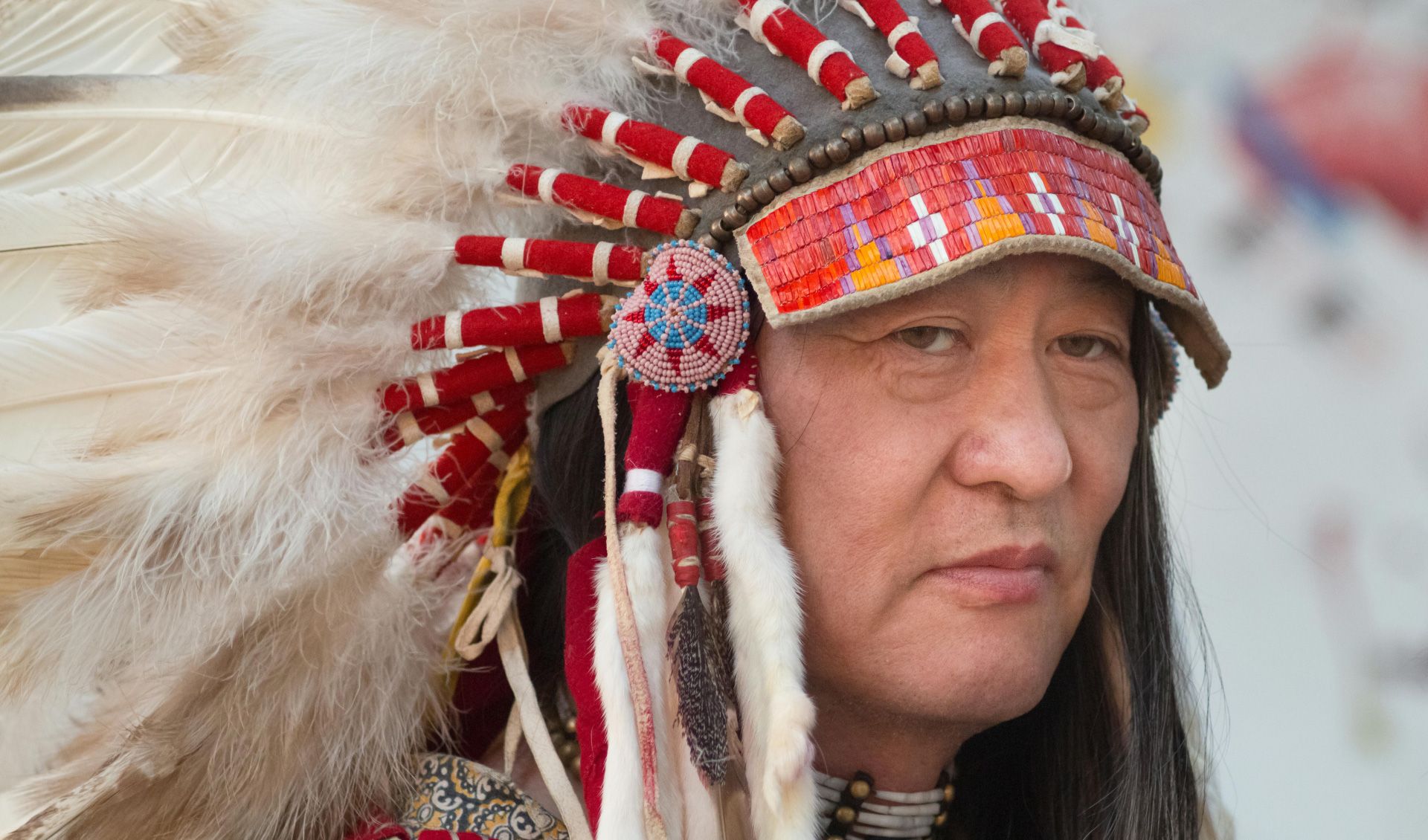
It is time to acknowledge that the suicide crisis devastating Native American communities has reached a breaking point that reservation-based resources alone cannot address.
The statistics are staggering. In 2022, non-Hispanic American Indian and Alaska Native (AI/AN) people had a suicide rate 91% greater than the general population. Among adolescents, the crisis is even more severe—AI/AN youth suicide rates are 70% higher than non-Hispanic whites and nearly 300% higher than Hispanic youth.
While comprehensive data on Native American military veteran suicide rates remains limited, veterans from all backgrounds face elevated suicide risk, and Native veterans carry the additional burden of historical and cultural trauma. The intersection of military service, potential combat trauma, and the existing vulnerabilities in Native communities creates compounded risk factors that demand specialized attention and resources.
Given the scale of this crisis and the chronic underfunding of tribal resources, it's time for Native American communities to consider strategic partnerships with established national organizations that can supplement—not replace—culturally specific tribal programs.
At this point, only one other organization outside of the national nonprofit charitable foundation that I founded in 2024 has emphasized a Civ-Vet (Civilian-Veteran) partnership approach to bring about suicide reduction – the National Foundation for Suicide Prevention (NFSP)
The Foundation offers evidence-based programs, crisis intervention training, and advocacy resources that could be adapted to work alongside tribal initiatives. Their expertise in suicide prevention could help bridge the gap while tribal healthcare systems advocate for adequate federal funding.
The End Veteran Debt (EVD) Approach
EV D addresses a critical but often overlooked risk factor: the crushing burden of medical and financial debt that can push vulnerable individuals toward crisis. For Native veterans struggling with both service-related trauma and economic hardship, debt relief can be a literal lifeline. By partnering with End Veteran Debt, tribal communities could provide their veterans with immediate financial relief while they work through deeper healing processes.
Such partnerships wouldn't mean abandoning tribal sovereignty or cultural approaches to healing. Rather, they represent a pragmatic response to an emergency that requires every available resource. Traditional healing practices and cultural connection remain essential—but they work best when individuals aren't simultaneously battling untreated mental illness, overwhelming debt, or lack of access to crisis intervention.
EVD brings another important element to the table – gaining national as well as local awareness to mental healthcare that is common to the outside community as well. On September 9, 2025, EVD, in partnership with the Staten Island, NY Service Member Veteran and Families (SMVF) Taskforce, held a highly successful micro-summit on veteran debt and suicide. Over 50 attendees rated the event 4.5 out of 5.
Moving Forward Together
The suicide crisis in Native American communities didn't develop overnight, and any single approach won't solve it. But the current strategy of relying primarily on chronically underfunded federal programs isn't working. The numbers are getting worse, not better.
Strategic partnerships with organizations like the National Foundation for Suicide Prevention and End Veteran Debt could provide immediate support. At the same time, tribal nations continue advocating for the federal funding they're legally and morally owed. These alliances acknowledge a simple truth: saving lives today can't wait for the systemic changes we'll keep fighting for tomorrow.
For Native communities, reaching beyond reservation borders for these partnerships isn't a sign of weakness; it's an act of survival and an investment in future generations who deserve the chance to thrive.
For details on how to join this Civ-Debt coalition, write me directly:
If you or someone you know is experiencing suicidal thoughts, contact the 988 Suicide & Crisis Lifeline by calling or texting 988, available 24/7. Native-specific support is available through the National Native American Boarding School Healing Coalition and Strong Hearts Native Helpline (1-844-7NATIVE).
